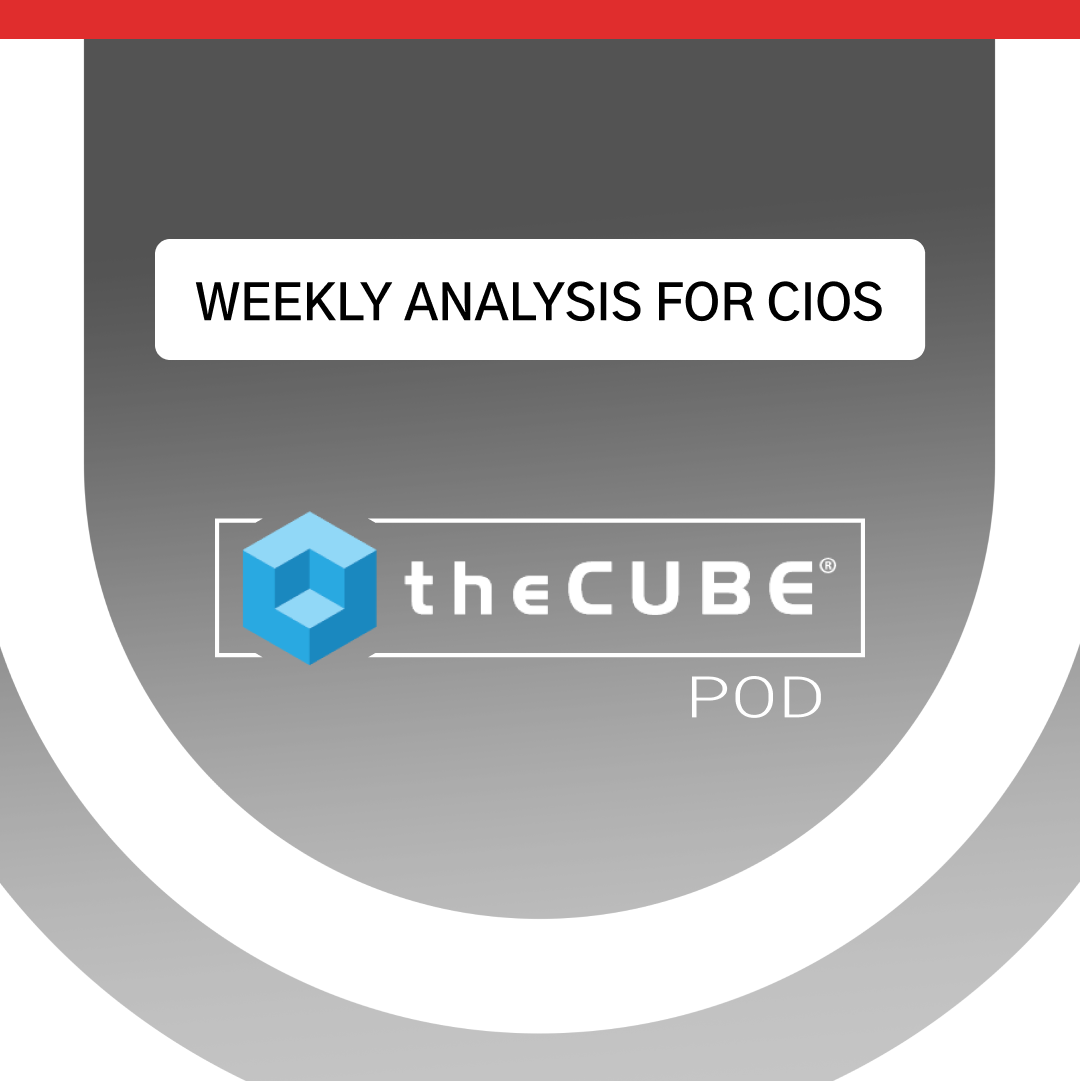What We Talk About When We Talk About DevOps
![]() In a talk at the Atlassian Summit 2012 in San Francisco, DevOps Days founder (and current Atlassian contractor) Patrick Debois gave a talk called “DevOps Is A Verb,” giving the best context on the history, position, and role of DevOps I’ve heard to date – while hinting that DevOps is simultaneously game-changing and a passing trend.
In a talk at the Atlassian Summit 2012 in San Francisco, DevOps Days founder (and current Atlassian contractor) Patrick Debois gave a talk called “DevOps Is A Verb,” giving the best context on the history, position, and role of DevOps I’ve heard to date – while hinting that DevOps is simultaneously game-changing and a passing trend.
Debois kicked off his talk with a historical analogy, likening DevOps to a commander in charge of anti-aircraft gunnery during World War II. The engineers can tell you the angle at which to fire the gun to maximize offense. The gunnery crew can aim and fire the cannon. But by the time the two aligned, the enemy aircraft had already moved. By keeping the two teams separate, they were missing the mark entirely.
The coded message there is that DevOps isn’t really anything new, as Debois hinted during the presentation and made explicit during a later conversation. We’ve always had the idea that automation and agility are worthy traits for a development organization. But cloud scale architecture, an increased call for metrics and performance transparency, the popularity of Puppet and Chef, and so on, make DevOps more of a product of the zeitgeist rather than an actual transformation.
“DevOps is new practices, not new principles,” Debois says.
That’s part of why Debois hasn’t accepted any offers to help formalize the field, whether by writing a definitive DevOps manifesto or developing a DevOps certification. DevOps is what a customer needs to be to help get it to the end point of continuous integration. It’s not a revolution by any means.
DevOps plays a similar role here: Developers are the dreamers, to use Debois’ term, who push the limits of what’s possible in IT. Operations are more critical, who try to limit the developers’ vision to what’s supported by the infrastructure. DevOps needs to help an organization achieve agile development, with a solid, value-driven endgame in mind – continuous deployment, for instance. All formalizing the field would do is stifle independent thought.
Which is why Debois doesn’t think that dedicated DevOps pros are here to stay. For now, it’s worthwhile because it helps companies put a Googleable name on what they need on their backend. And it helps those who’ve already started the skills journey stand out from the pack.
But as the methodologies come into place, and as operations staff see their expertise more tightly integrated into the development side, and especially as developers take more of an active role in operations (a personal pet cause of Debois’), the standalone DevOps team is going to be revealed as a necessary compromise during this transition period. And a compromise is exactly what it is, since, as Debois says, an DevOps group is just a third silo.
That isn’t to say that there’s no value to someone steeped in DevOps methodologies going forward. Just as any coder is qualified to do testing but a good QA professional is worth their weight in gold, the DevOps pro is “just” going to be another highly specialized part of the team that not everybody will be able to afford, nor will they have to.
In short, DevOps is a cultural application of existing principles, at least to hear Debois tell it (and I’m forced to concur). But – and this is a big “but” – much like the cloud, to quote Debois one last time – just because it has a million different names and applications doesn’t mean it’s not terribly useful in the here and now.
A message from John Furrier, co-founder of SiliconANGLE:
Your vote of support is important to us and it helps us keep the content FREE.
One click below supports our mission to provide free, deep, and relevant content.
Join our community on YouTube
Join the community that includes more than 15,000 #CubeAlumni experts, including Amazon.com CEO Andy Jassy, Dell Technologies founder and CEO Michael Dell, Intel CEO Pat Gelsinger, and many more luminaries and experts.
THANK YOU













